Keywords: Lent
There are more than 200 results, only the first 200 are displayed here.
-
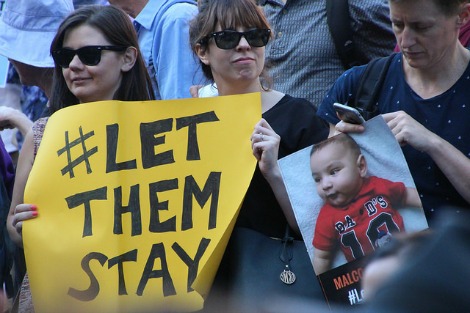
AUSTRALIA
- Andrew Hamilton
- 11 February 2016
15 Comments
The High Court decision on detention in Nauru came down just before the Christian season of Lent. It left the government free and determined to deport many young mothers and children to Nauru. For the mothers and children deportation will bring new trauma with renewed threat to their already precarious mental health. For the Australian public it again makes us ask what brutality, even to children, we are ready to tolerate. The savagery of this treatment is a suitable subject for Lenten reflection.
READ MORE 
-
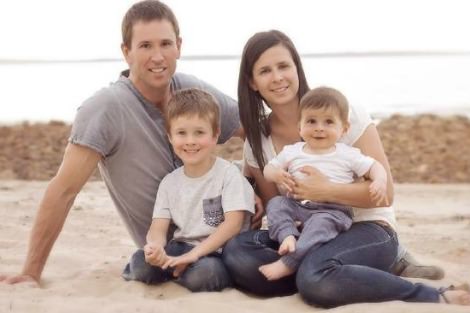
AUSTRALIA
- Lyn Bender
- 18 January 2016
18 Comments
In the early hours of a brand new year, two small boys had their lives extinguished by a purportedly depressed father. For me this event brought to mind two cases from a past life, when I was the manager of Melbourne Lifeline. One was a woman who disclosed that she had killed her two small children a decade earlier. In a second case, a belligerent suicidal man expressed rage towards his former partner, who was about to remarry. I asked pertinent questions. Would he harm his children? 'Yes.'
READ MORE 
-
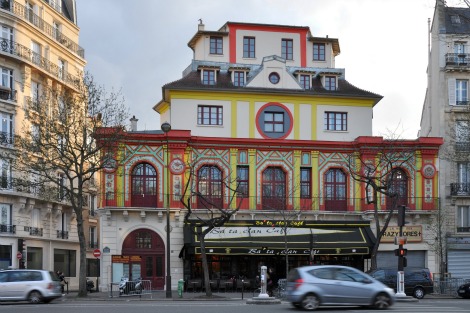
INTERNATIONAL
- Bronwyn Lay
- 14 January 2016
3 Comments
As I marched for Remembrance Day in our small village in France, I wondered, 'How long will these villages keep these ceremonies? When will someone decide these wars are too long ago or too far away?' Two days later, Paris was attacked. The news came like war does: sudden and violent. Then came declarations of a state of emergency and the closing of borders. My eldest daughter was over the border in Switzerland without a passport. War starts in increments, in the small ordinary worries of families.
READ MORE 
-
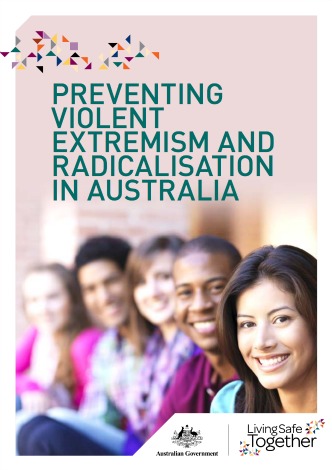
AUSTRALIA
- Andrew Zammit
- 11 January 2016
2 Comments
In September Sydney's Daily Telegraph ran the headline 'Schoolyard Terror Blitz', reporting that 'schoolteachers will be given access to radicalisation information awareness kits explaining how to identify students at risk and what they should do to intervene as concerns grow about the rise of teen terrorists'. As the government prepares to address the involvement of schoolchildren in violent extremism, a controversial program in the UK shows a dangerous path that Australia must avoid.
READ MORE 
-

RELIGION
- Frank Brennan
- 09 December 2015
2 Comments
'I joined the Jesuits in 1975 just as the previous 32nd General Congregation (GC32) was concluding. Pedro Arrupe was at the height of his powers. That Congregation asked the question: 'What is it to be a companion of Jesus today?' and answered unequivocally, 'It is to engage, under the standard of the Cross, in the crucial struggle of our time: the struggle for faith and that struggle for justice which it includes.' I have always regarded myself as a GC32 Jesuit. Many of those who gathered for GC33 thought that the GC32 mission was a little too one-dimensional. I suspect Bergoglio was one of those.' Frank Brennan on the eve of the Catholic Church's Jubilee Year of Mercy.
READ MORE
-

INTERNATIONAL
- Bronwyn Lay
- 16 November 2015
16 Comments
As I marched for Remembrance Day in our small village in France, I wondered, 'How long will these villages keep these ceremonies? When will someone decide these wars are too long ago or too far away?' Two days later, Paris was attacked. The news came like war does: sudden and violent. Then came declarations of a state of emergency and the closing of borders. My eldest daughter was over the border in Switzerland without a passport. War starts in increments, in the small ordinary worries of families.
READ MORE 
-
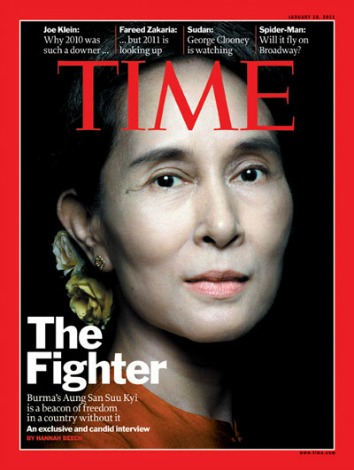
INTERNATIONAL
- Amal Aung Zaw
- 13 November 2015
5 Comments
The results resonate beyond the shores of Myanmar. The manner in which a fragile woman with the power of empty hands wrought a miracle, melting decades of totalitarian dominance, is the stuff of history. The world savours this moment as its own. This is the Gandhi moment, the Mandela moment of the 21st Century. In an era of ISIL killings and chronic violent wars in the middle east for 'democracy', a woman from the east has once again affirmed the moral superiority of non violence.
READ MORE 
-

ENVIRONMENT
- Nicholas Low
- 04 November 2015
20 Comments
Environmental justice will be part of the discussion in Paris this month. The principle of justice says each person is of equal value no matter which nation or ethnic group they belong to. Each Australian contributes 16 tonnes of carbon dioxide per year, while each Bangladeshi contributes a little more than a third of a tonne. If the principle of justice is applied, Australia will have to move from 16 tonnes per person to about a third of a tonne, roughly equivalent to what a Bangladeshi emits now.
READ MORE 
-

AUSTRALIA
- Andrew Zammit
- 14 October 2015
8 Comments
In September Sydney's Daily Telegraph ran the headline 'Schoolyard Terror Blitz', reporting that 'schoolteachers will be given access to radicalisation information awareness kits explaining how to identify students at risk and what they should do to intervene as concerns grow about the rise of teen terrorists'. As the government prepares to address the involvement of schoolchildren in violent extremism, a controversial program in the UK shows a dangerous path that Australia must avoid.
READ MORE 
-

ARTS AND CULTURE
- Tim Kroenert
- 08 October 2015
2 Comments
A Black Mass is a travesty of the Catholic Mass in worship of the devil. In this instance it is a metaphor for FBI agent Connolly's devotion to violent criminal Bulger, due in part to the social benefit he attains through his association with this powerful criminal, but running all the way back to a formative childhood encounter that is hinted at but not articulated in detail. Of the flatly villainous Bulger and the morally complex, wilfully compromised Connolly, the latter is the more palpably evil.
READ MORE 
-
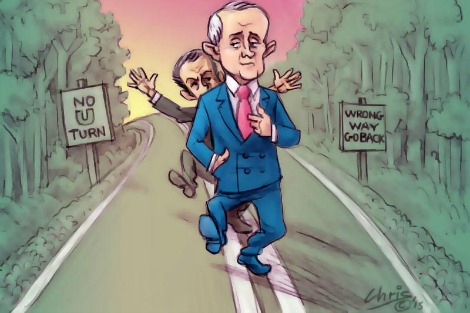
AUSTRALIA
- John Warhurst
- 05 October 2015
8 Comments
The polls are still evenly balanced and Turnbull has yet to strut his stuff in any meaningful way. So Shorten should still be the subject of the sort of scrutiny that David Marr has just given him. Marr is appalled by Shorten's path to power through the union movement, the Labor Party and the factions for what it reveals about the modus operandi of these organisations. But he is still somewhat taken with Shorten's talents. Nevertheless, he doubts that Shorten is up to the job.
READ MORE 
-

AUSTRALIA
- Beth Doherty
- 02 October 2015
2 Comments
The Chris Brown ban has stirred debate on a number of fronts. GetUp has retreated from its campaign against the entertainer, acknowledging the racial aspect to it. And Brown himself argued that his mistakes should not be held against him, but should serve as a lesson for others: 'I am not the pink elephant in the room anymore.' With one Australian woman dying each week as a result of domestic violence, it is true there are plenty of other 'pink elephants' that need to be confronted.
READ MORE 